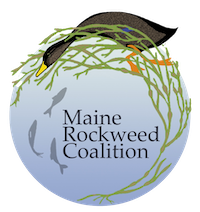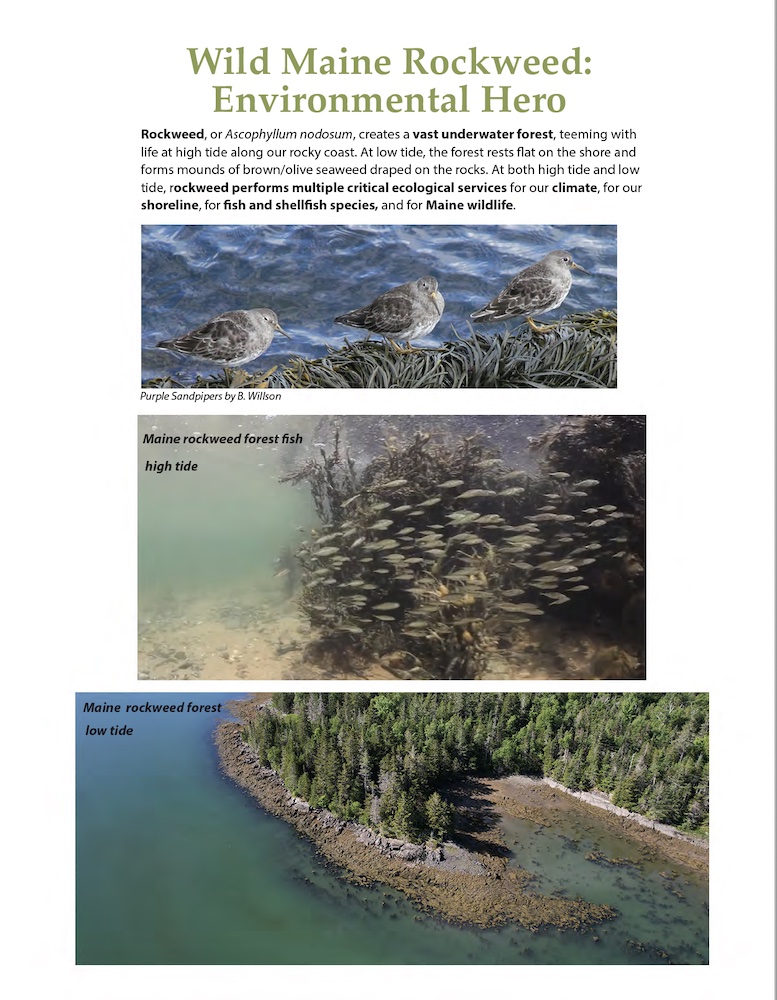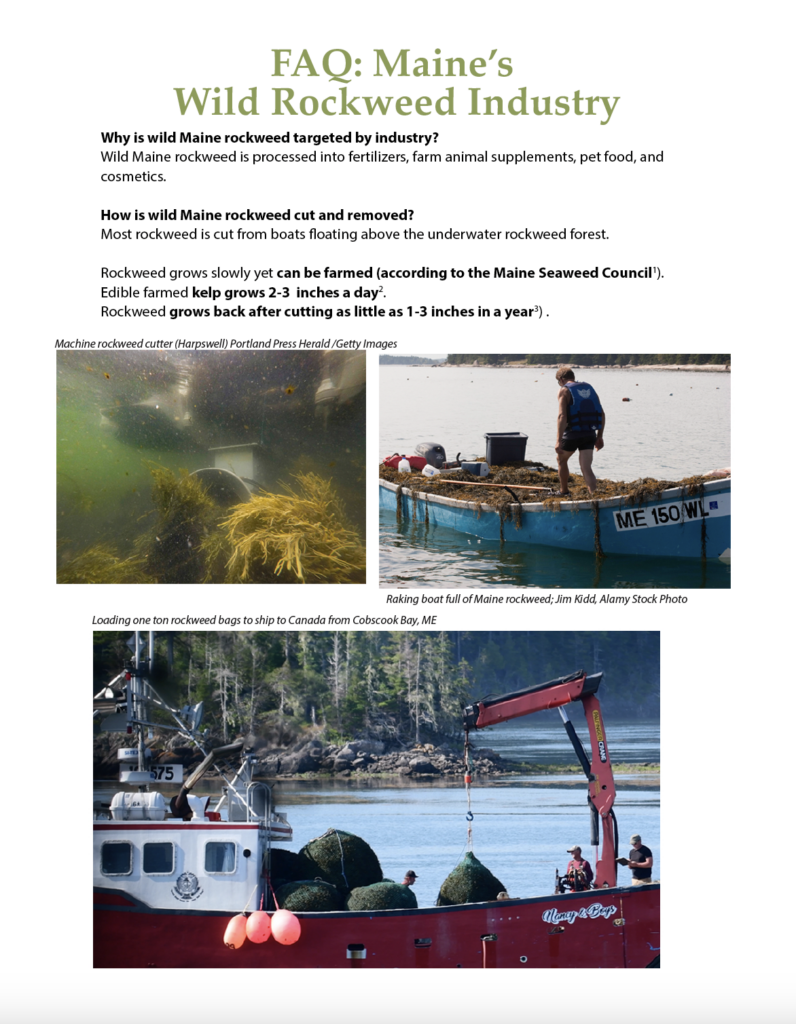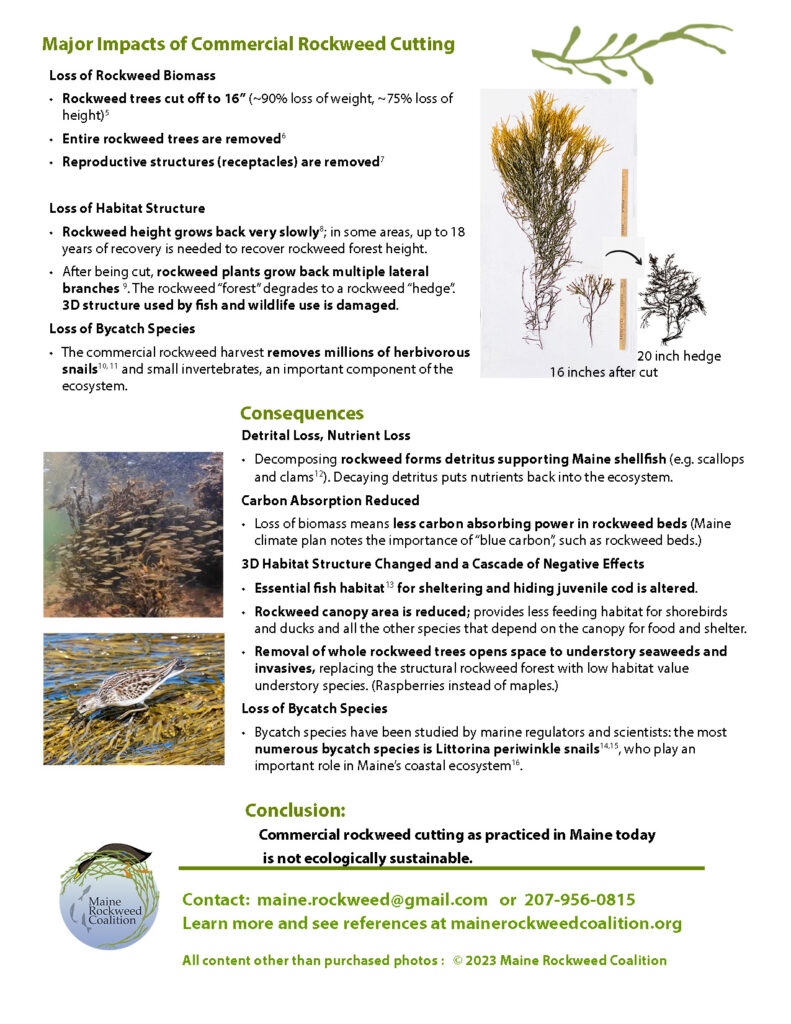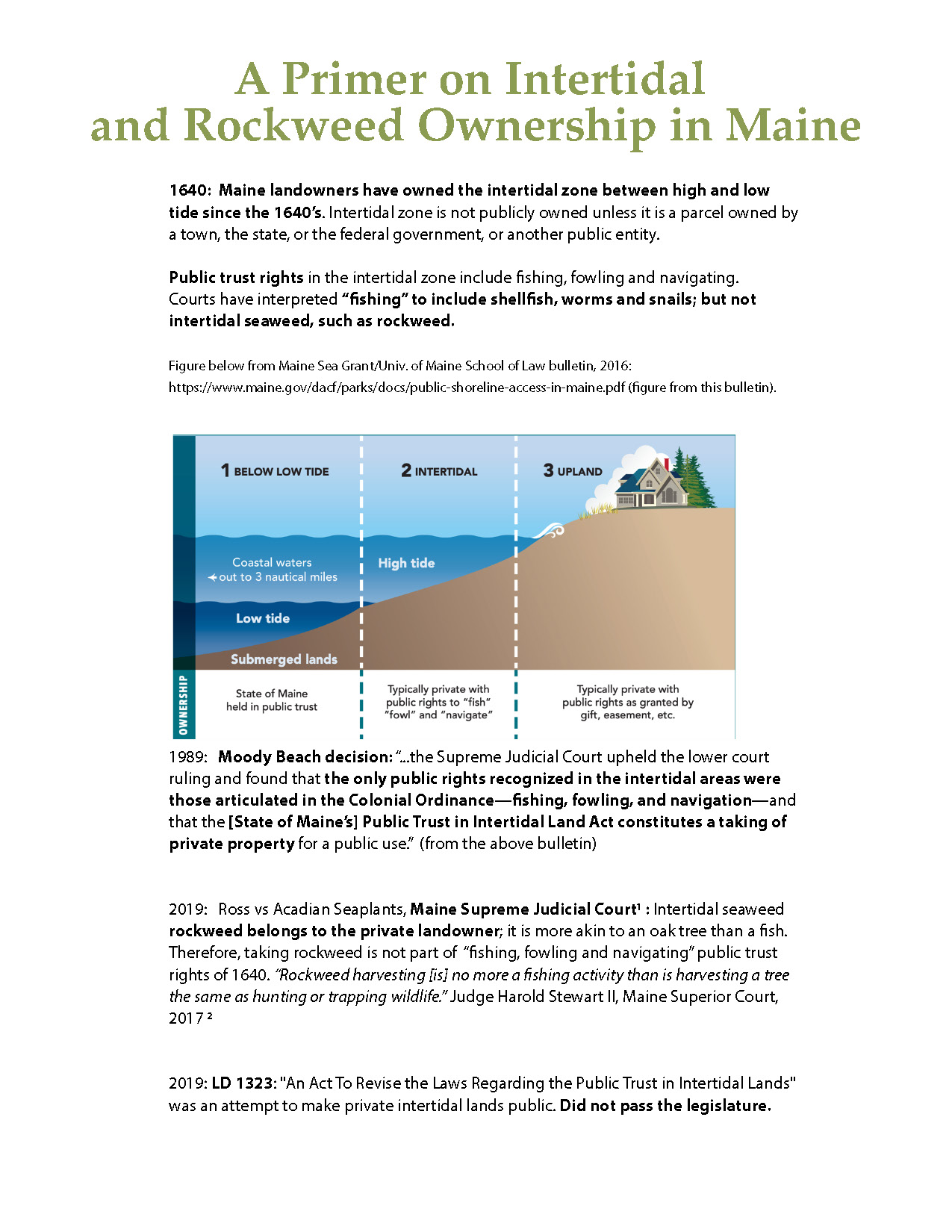Looking for a podcast introduction to the rockweed conservation issue?
WHAT ARE FISHERMEN, FARMERS, TRIBAL PEOPLE AND ATTORNEYS SAYING ABOUT SEAWEED HARVESTING?
A’dae Romero-Briones, National Organic Standards Board, 2020:
“And what I can tell you is in the last couple years the tribal people where I live have been consistently ringing alarms about the over-harvesting of seaweed and the commodification of seaweed that’s being sold in organic markets and higher-end restaurants, and it’s causing a lot of havoc…So the seaweed bed that my family harvested has been harvested for over, I don’t know, probably 250 generations and to see it depleted in the course of two seasons is really, really alarming.”
Pacific Legal Foundation, 2017:
“Property rights are an essential tool for conservation. They give owners an incentive to steward resources under their control, encourage the development of less damaging methods of using the resources, and enable environmentalists to purchase sensitive areas or work with property owners to conserve them. Subjecting rockweed to the public trust, which would allow anyone to harvest it without the land owner’s permission, would jeopardize the ecosystems that depend on it.”
Emily Oakley, former NOSB of USDA member, organic farmer, 2023
“It wasn’t until I grasped that we were using wild seaweed taken from native ocean ecosystems that I questioned whether the benefits to my farm outweighed the repercussions of extracting this resource. We immediately stopped using kelp, and we have seen zero negative effects on plant health or yield. “
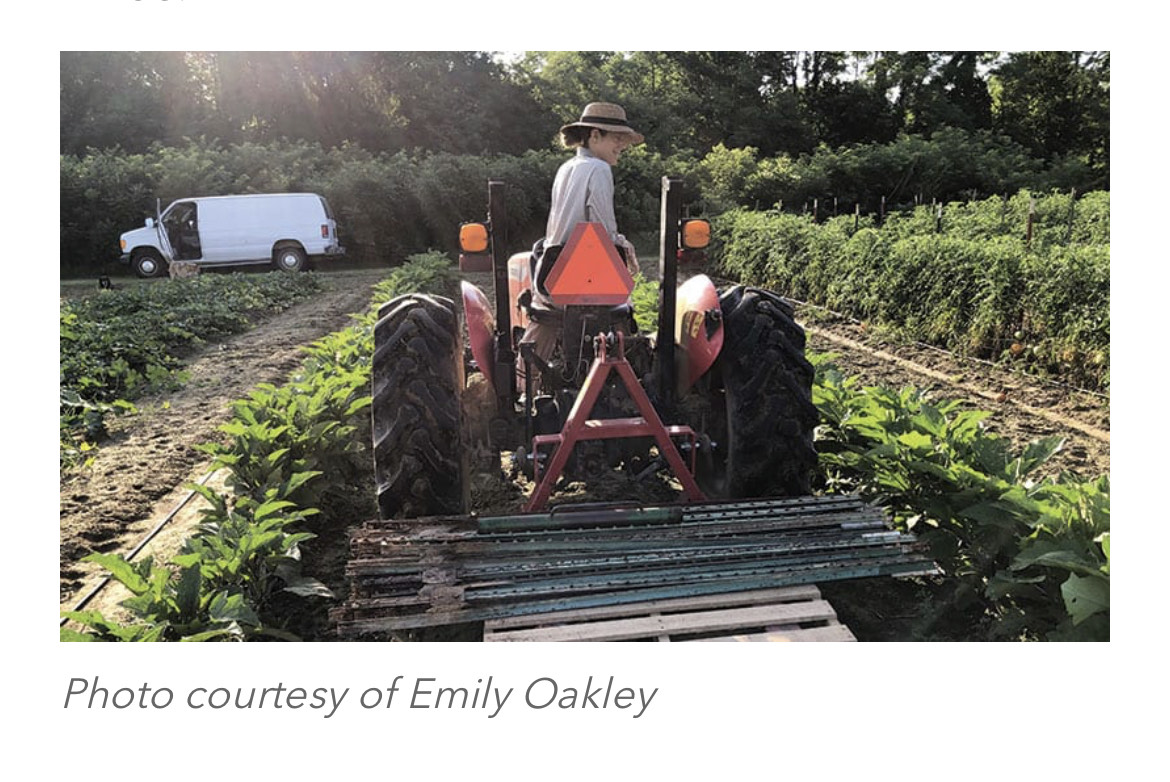
“We fully support your effort to protect and monitor
the fragile ecosystem in Cobscook Bay.
— Town of Lubec, Maine, selectboard letter to the plaintiffs; October 2015
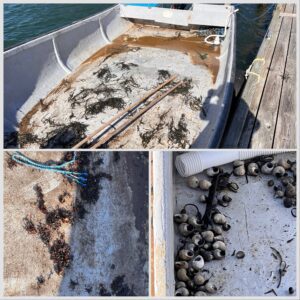
KEY REFERENCES
RECOMMENDATION FOR AN ECOLOGICAL APPROACH TO SEAWEED (including rockweed) HARVESTING: NOSB of USDA
2023. Oakley, E. Policy implications of wild seaweeds used in organic crop fertilizers. J Appl Phycol (2023). https://doi-org.proxy.library.cornell.edu/10.1007/s10811-023-03116-7
SUSTAINABILITY:
2012. Seeley, R. H. and W. H. Schlesinger. Sustainable seaweed cutting? The rockweed (Ascophyllum nodosum) industry of Maine and the Maritime Provinces. Annals of the New York Academy of Sciences 1249: 84-103. doi: 10.1111/j.1749-6632.2012.06443.x.
ROCKWEED as MARINE FOREST:
2010. Olsen, J. L., Zechman, F. W., Hoarau, G., Coyer, J. A., Stam, W. T., Valero, M., & Aberg, P. The phylogeographic architecture of the fucoid seaweed Ascophyllum nodosum: an intertidal ‘marine tree’ and survivor of more than one glacial-interglacial cycle. Journal of Biogeography, 37(5), 842-856. https://doi.org/10.1111/j.1365-2699.2009.02262.x
